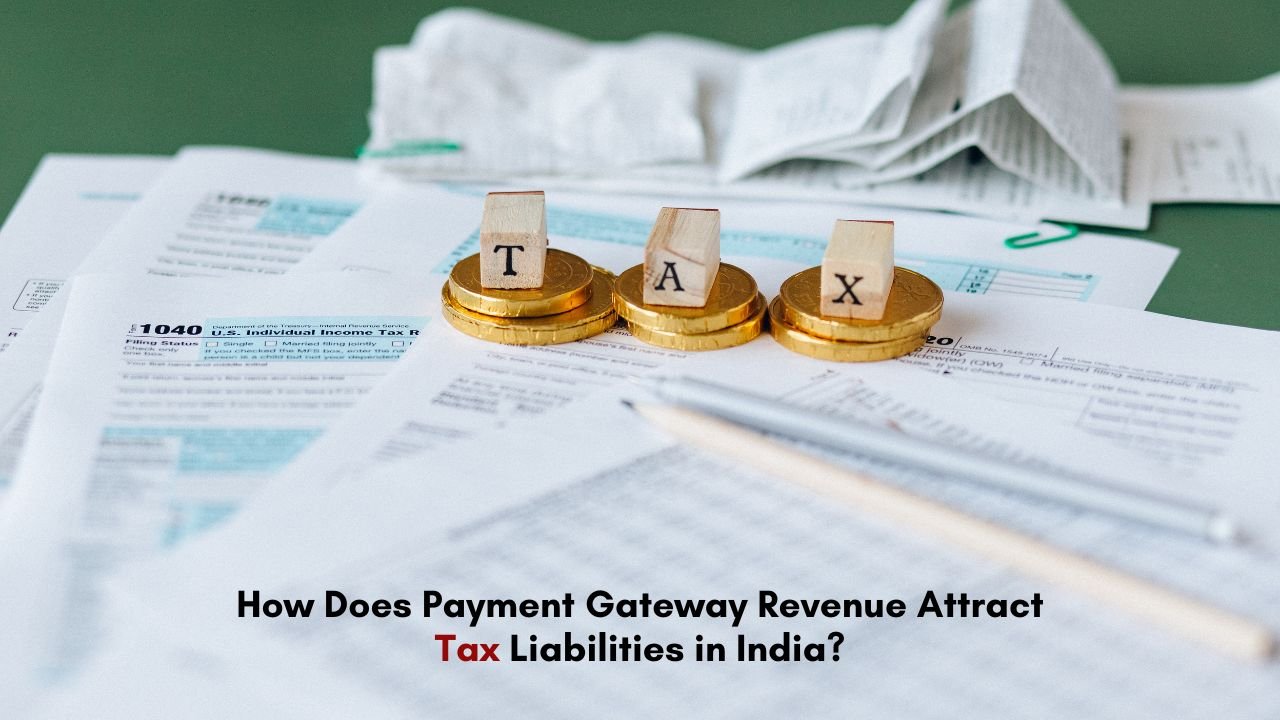Introduction
The increasing reliance on digital payments in India has brought payment gateways into sharp focus. These intermediaries play a vital role in facilitating seamless online transactions. However, their operations come with tax implications that businesses using them must navigate carefully. Understanding these liabilities can help ensure compliance while managing finances effectively.
Tax Liabilities for Payment Gateway Revenues
Payment gateway revenues are subject to taxation under Indian laws. These entities typically earn through transaction fees, commissions, and subscription charges. The revenue streams attract Goods and Services Tax (GST) since services provided by payment gateways fall under the taxable service category. Businesses using payment gateways must stay informed about the GST rates applicable to these transactions.
For businesses planning to set up their payment gateway, securing a payment gateway license is the first step. Alongside compliance with regulatory norms, understanding tax liabilities is critical. Companies should factor in GST obligations while designing their pricing models. Engaging experts, such as those offering fractional CFO services, can streamline this process by ensuring that all financial and tax-related matters are managed efficiently.
GST and Cross-Border Transactions
When payment gateways facilitate cross-border transactions, the tax implications can become more intricate. These transactions may involve the import/export of services, which could attract Integrated Goods and Services Tax (IGST). Businesses must determine whether the services are subject to reverse charge mechanisms, where the recipient of the service is liable to pay the tax.
Companies planning to apply for payment gateway services must also evaluate the tax impact on their international transactions. Maintaining accurate records and reconciling invoices are crucial for compliance. Professional guidance from fractional CFO services can help businesses navigate cross-border taxation seamlessly.
Withholding Tax on Payments Made via Gateways
The Income Tax Act, of 1961, mandates the deduction of Tax Deducted at Source (TDS) on certain types of payments. Payment gateway revenues are no exception. For businesses receiving funds through payment gateways, TDS might be applicable depending on the nature of the transaction. For example, if the payments are classified as professional or technical services, they could attract TDS under Section 194J.
To navigate such complexities, businesses can seek CFO services in India, which provide expertise in understanding and managing withholding tax obligations. These professionals ensure accurate classification of payments, timely deductions, and filing of TDS returns, helping businesses avoid penalties.
Structuring Agreements to Address Tax Liabilities
When establishing a payment gateway business, companies often enter into agreements such as share purchase agreements, private share purchase agreements, and shareholders agreements. These legal documents outline ownership, operational responsibilities, and financial arrangements, including tax liabilities.
Drafting a shareholders agreement should address how tax obligations will be managed among the parties. For example, if a business partnership owns a payment gateway, the agreement should specify how GST or income tax liabilities will be shared. Employing experts to draft shareholders agreements ensures that all aspects of tax compliance are adequately covered.
Benefits of Tax Compliance for Payment Gateways
While tax compliance might seem cumbersome, it offers several benefits to payment gateways and their partner businesses. Complying with tax regulations builds trust among customers and stakeholders, enhancing the company’s credibility. Additionally, tax compliance protects businesses from legal risks and penalties, which can have financial and reputational consequences.
For businesses seeking to apply for payment gateway licenses, demonstrating tax compliance strengthens their position with regulators. Ensuring that financial operations align with tax laws is crucial for sustaining long-term growth.
Role of Professional CFO Services
Effective tax management requires a thorough understanding of financial regulations and the ability to implement them efficiently. Businesses operating payment gateways can benefit significantly from CFO services in India. These professionals assist with tax planning, compliance, and filing returns, minimizing risks of audits or penalties.
Fractional CFO services, in particular, offer flexible financial expertise for businesses that may not need a full-time CFO. From managing tax obligations to assisting in negotiations for agreements like shareholders agreements and share purchase agreements, fractional CFOs play a pivotal role in ensuring financial health.
Key Considerations for Payment Gateway Businesses
- Understanding Tax Applicability: Identify all taxes applicable to the payment gateway revenue, including GST, TDS, and any sector-specific levies.
- Accurate Record Keeping: Maintain clear documentation of all transactions to ensure accurate tax filings.
- Leveraging Agreements for Clarity: Use agreements like private share purchase agreements to clearly define tax liabilities and responsibilities among stakeholders.
- Seeking Professional Guidance: Engage CFO services in India to ensure that all financial and tax-related aspects of the business are well-managed.
Conclusion
Payment gateways are integral to India’s digital economy, but they come with tax responsibilities that cannot be overlooked. By understanding the tax implications of their revenue, businesses can ensure compliance and minimize risks. Businesses can navigate these challenges effectively through proper licensing, leveraging financial expertise, or structuring robust agreements. Professional support from fractional CFO services and well-drafted agreements like shareholders agreements can further streamline tax management.
By prioritizing compliance and leveraging expert guidance, businesses can focus on growth while maintaining financial integrity.



